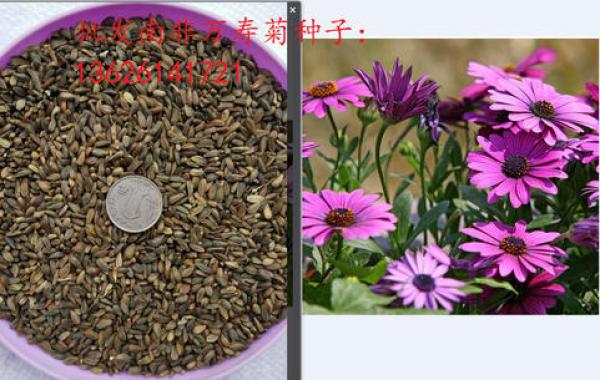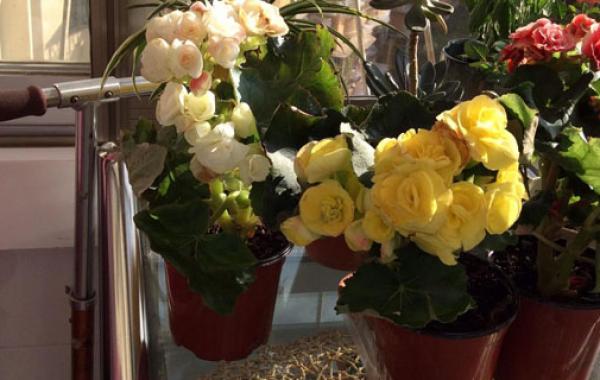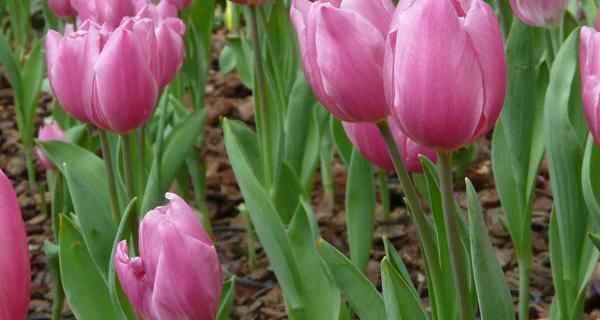What if the treatment of flower seeds is not in place?

What if the flower seeds are not handled properly.
Flower seeds that are easy to germinate can be soaked, such as a string of red seeds soaked in warm water at room temperature of 40 ℃ for one day and night, rinsed and then sown. Hard seeds, such as asparagus, peony, Jiulixiang, Bairihong, Daphne, etc., should be soaked in 40 ℃ of hot water for about 48 hours before sowing in the basin soil, and can sprout and grow after 20-30 days.
For Pearl Plum and Bauhinia which have a short dormant period and are easy to germinate, the seeds can be sowed directly in 40 ℃-60 ℃ warm water for 24-48 hours. Some flower seeds need to be treated at low temperature for a certain period of time in order to promote post-ripening and break the dormancy of seed embryos to germinate, such as cloves, wax plums and some herbaceous flowers sown in autumn. Some flowers have the characteristics of double dormancy of radicle and Hypocotyl, that is, their radicles need to go through a high temperature stage of 25 ℃-32 ℃ for 1 to 2 months or more, in order to break dormancy, such as tassel, pod fan, peony seeds.
1. Seeds that germinate easily. Marigold, feathered pineapple and some cactus seeds are easy to germinate and can be sowed directly or treated with cold or warm water. Soaking seeds in cold water (30 degrees) for 12 hours and in warm water (31-40 degrees) for 6 hours for 12 hours, in order to shorten the time of seed expansion and accelerate the speed of seedling emergence.
2. seeds that are difficult to germinate. Generally speaking, it is difficult for large seeds to germinate, such as canna, crane orchid, lotus, etc., the seed coat is thick and hard, and it is difficult to absorb water. These seeds can be cut or broken with a knife before soaking. A large number of seeds can be soaked in dilute sulfuric acid. Experiments must be done before use. As soon as the seed coat becomes soft, rinse the seed coat with clean water to prevent sulfuric acid from burning the embryo.
3. Seeds that germinate slowly. Some flower seeds, such as asparagus, magnolia, honeysuckle and so on, emerge very slowly and should be germinated before sowing. Soak the seeds in warm water before sprouting, spread them flat on the gauze after the seeds are expanded, then cover them with wet gauze, put them in the thermostat, maintain the temperature of 25 degrees 30 degrees, rinse with warm water together with gauze once a day, and sow the seeds immediately after the seeds germinate.
4. Seeds that need to break dormancy. Some seeds can not germinate normally even if they are given suitable water, temperature, oxygen and other conditions when they are dormant. They must go through the vernalization stage at low temperature before they can germinate and blossom and bear fruit, such as peach, apricot, lotus, rose, rhododendron, magnolia and so on.
Dormant seeds can be treated by low-temperature stratification, flower seeds can be layered buried in moist plain sand, and then stratified at 0-7 degrees. The stratification time varies with different species, such as rhododendron and elm leaf plum, begonia 50-60 days, peach, plum and plum 70-90 days, wax plum and magnolia more than 3 months, Korean pine more than 6 months. After stratification treatment, you can take the place, sift the sand, or sow directly, or sow again after budding.
Related
- What if the leaves of potted flowers turn yellow?
- Florescence Control of several Flowers
- Anti-freezing technology and post-freezing nursing technology of flowers
- What is the classification of flowers? What are the common methods of flower classification?
- Prevention and control of alkali and acid damage of flowers in courtyard
- Technology of Anti-freezing and restoring growth of Flower seedlings in greenhouse and greenhouse
- How does flower fertilization not hurt the root? Fertilization technology of flowers
- Key points of disinfection in flower greenhouse
- Several pesticides that are banned or used cautiously in flowers
- How to fertilize the flowers that watch the leaves?



